Business social responsibility - myth or reality? Russian Forbes claims that “good rich people” exist and even names the best charitable foundations created by the richest residents of the Russian Federation by name.
The list of the best includes charities that billionaires themselves consider personal - and we all know that in today's Russia the line between corporate and personal is very thin. And these funds were evaluated according to the following criteria:
- the presence of a development strategy and a systematic approach to the work of the fund as a whole;
- management efficiency;
- openness and transparency;
- provision of financing, and not only of their own corporate programs;
- and of course the budget.
We present to you the top 10 best charitable foundations of 2020 founded by the richest people in Russia.
10. "Absolute Help" from Alexander Svetakov
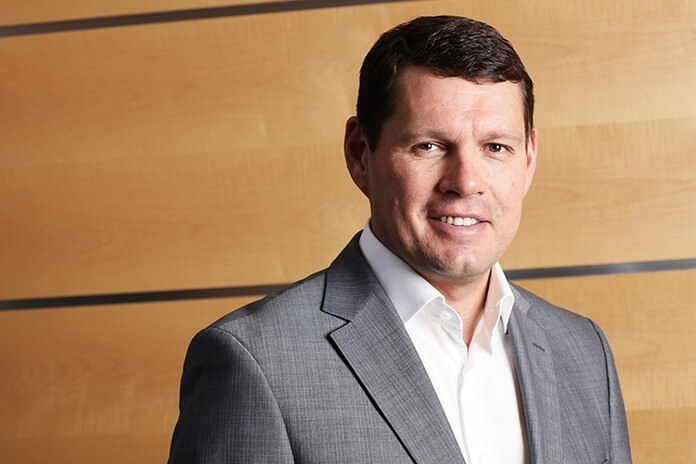 This Russian oligarch chose a complex and unconventional topic for his charity - children with special needs. And his foundation is the first and so far the only private swallow in this field. The foundation has a number of charitable programs dedicated to the rehabilitation of children with disabilities, both physical and mental.
This Russian oligarch chose a complex and unconventional topic for his charity - children with special needs. And his foundation is the first and so far the only private swallow in this field. The foundation has a number of charitable programs dedicated to the rehabilitation of children with disabilities, both physical and mental.
The fund does not leave without attention the families who have found themselves in a difficult life situation. And six years ago, a school was opened in the Moscow region, built on the principle of inclusion - this is when ordinary children study together with special children. It is worth noting the transparency of the "Absolute" - anyone can easily find and download a report on the fund's activities on the Internet.
In addition to children, he loves Svetakov and our smaller brothers. His money is used to finance the Yuna Animal Rehabilitation Fund, in which homeless animals are washed, treated, socialized and accommodated.
9. "Art, Science and Sport" by Alisher Usmanov
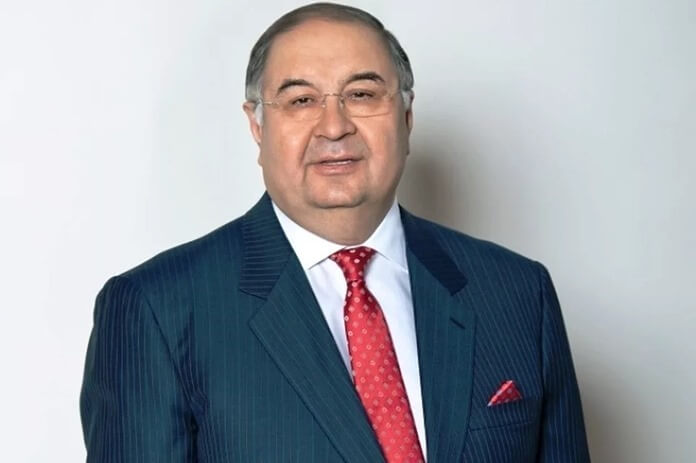 The owner of "Kommersant" and "MegaFon" Alisher Usmanov prefers status things. Whether it is status education (the Alisher Foundation cooperates with the country's most prestigious universities), status museums (its “charity package” includes both the Orthodox Tretyakov Gallery and the Museum of Contemporary Art) and status theaters (Mariinsky and Sovremennik).
The owner of "Kommersant" and "MegaFon" Alisher Usmanov prefers status things. Whether it is status education (the Alisher Foundation cooperates with the country's most prestigious universities), status museums (its “charity package” includes both the Orthodox Tretyakov Gallery and the Museum of Contemporary Art) and status theaters (Mariinsky and Sovremennik).
8. "Safmar" from Mikhail Gutseriev
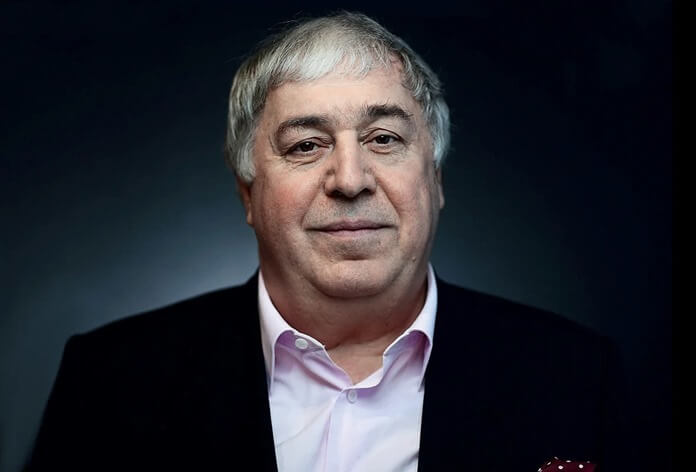 And here is the foundation - a representative of the fine line between corporate and private. Officially, Samfar belongs to the RussNeft corporation, but in reality it spends money in accordance with Mikhail Gutseriev's ideas about virtues. Judging by the programs of the fund, the businessman considers his first mission to be the upbringing of virtues in fellow citizens - be it “a healthy mind in a healthy body” or “dedicated to the Great Victory”.
And here is the foundation - a representative of the fine line between corporate and private. Officially, Samfar belongs to the RussNeft corporation, but in reality it spends money in accordance with Mikhail Gutseriev's ideas about virtues. Judging by the programs of the fund, the businessman considers his first mission to be the upbringing of virtues in fellow citizens - be it “a healthy mind in a healthy body” or “dedicated to the Great Victory”.
Gutseriev does not bypass his spirituality either, and with commendable impartiality allocates money for the restoration of both Orthodox churches and Muslim mosques.
The project "Khoroshkola" (created in cooperation with Yana Gref, wife of German Gref), according to which children are taught "to set creative goals and achieve them in harmony", stands a little apart. Whatever that means.
7. "Islands" by Sergey Adonyev
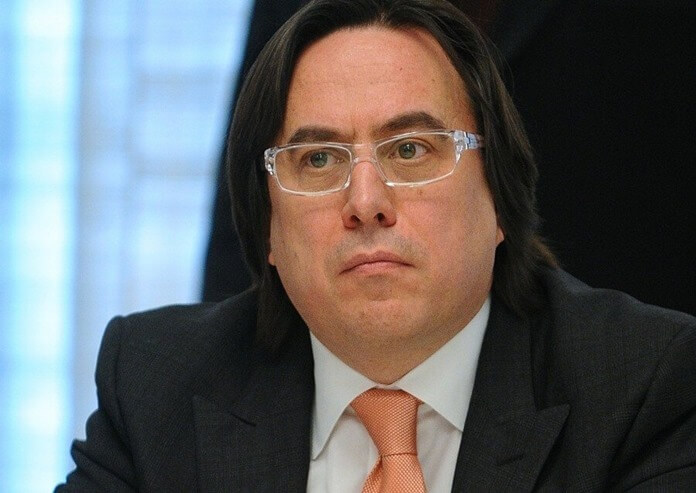 Among the best charitable foundations owned by Russian oligarchs, there is a project from the sponsor of the electoral campaign Ksenia Sobchak and former Bulgarian citizen Sergei Adonyev.
Among the best charitable foundations owned by Russian oligarchs, there is a project from the sponsor of the electoral campaign Ksenia Sobchak and former Bulgarian citizen Sergei Adonyev.
For over ten years he has been helping people suffering from cystic fibrosis. This severe genetic disorder, also known as cystic fibrosis, results in the death of the host in about half of cases. The fund is managed by Sergey together with his wife Maria.
6. Mikhail Prokhorov Foundation
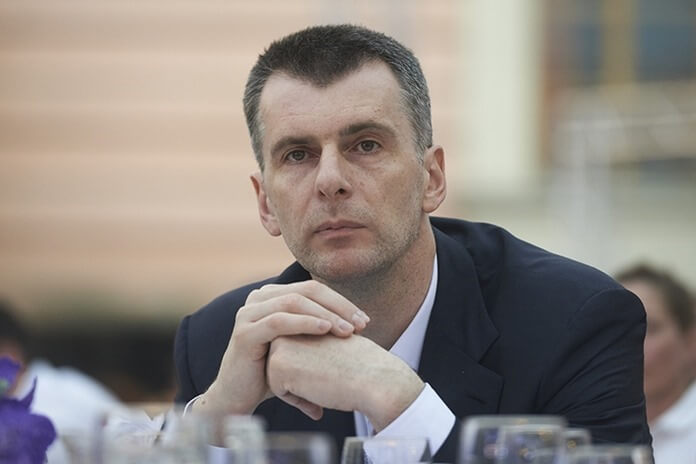 Like many other businessmen from the rating of the best philanthropists of Russia in 2020, the honorary resident of the village of Eruda in the Krasnoyarsk Territory runs a charitable foundation together with a woman. However, in the absence of a wife, his sister Irina helps Mikhail distribute finances.
Like many other businessmen from the rating of the best philanthropists of Russia in 2020, the honorary resident of the village of Eruda in the Krasnoyarsk Territory runs a charitable foundation together with a woman. However, in the absence of a wife, his sister Irina helps Mikhail distribute finances.
Mikhail prefers to shower the spheres of culture with blessings, both book and theatrical and musical. For 15 years of work, the Prokhorov Foundation has given a start in life to more than six thousand cultural projects.
5. "Basis" from Oleg Deripaska
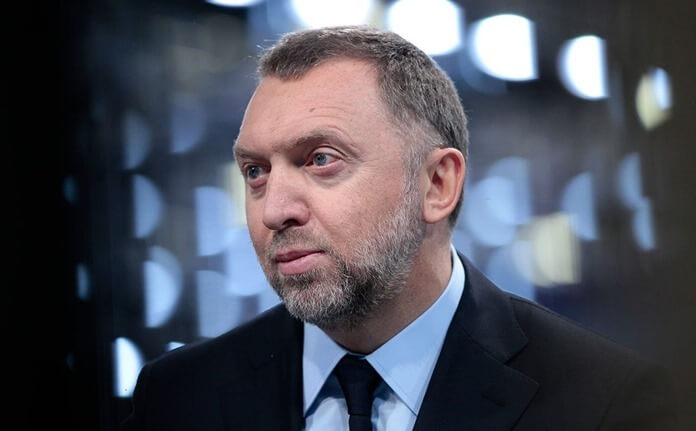 The Russian "aluminum king", with its characteristic scope, is located at once in two positions in the rating. Yes, Deripaska supports two charitable foundations at once. The first of them (fifth place in the selection) is "Basis", which is devoted to fundamental science, namely its physical and mathematical parts.
The Russian "aluminum king", with its characteristic scope, is located at once in two positions in the rating. Yes, Deripaska supports two charitable foundations at once. The first of them (fifth place in the selection) is "Basis", which is devoted to fundamental science, namely its physical and mathematical parts.
Previously, "Basis" was called "Dynasty" (closed in 2014 and appeared after a year and a half), but the field of activity does not change from the name change. The Foundation continues to support young Russian scientists, and last year it even helped found an entire Institute of Theoretical and Mathematical Physics at Moscow State University.
4. "Free business" from Oleg Deripaska
 Unlike Basis, the area of activity of Free Cause is broader. It seems that Deripaska finances through him what interests him personally - whether it be shelters for dogs, archaeological excavations or a Cossack choir ensemble.
Unlike Basis, the area of activity of Free Cause is broader. It seems that Deripaska finances through him what interests him personally - whether it be shelters for dogs, archaeological excavations or a Cossack choir ensemble.
But for the most part, the foundation continues the theme of education:
- provides scholarships to talented students;
- organizes practice at enterprises;
- encourages term papers and theses that bring real benefits to enterprises;
- rewards young scientists who have won competitions, and so on.
Derapaska is no stranger to the dream of scientific and technological progress: for more than ten years his foundation has been in charge of the program with the self-explanatory name "Robotics".
3. "Our future" from Vagit Alekperov
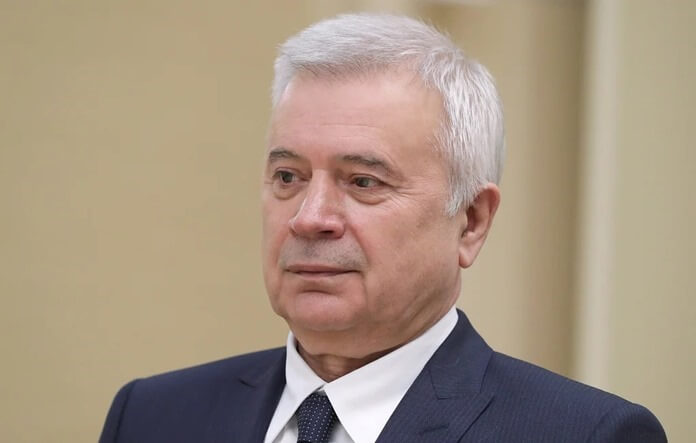 Just a year ago, the Alekperov Foundation was in the top ten of the Forbes rating of Russian charitable foundations, but much lower - in eighth place.
Just a year ago, the Alekperov Foundation was in the top ten of the Forbes rating of Russian charitable foundations, but much lower - in eighth place.
The foundation's work is dedicated to the development of "social entrepreneurship". It is declared that this is such a business with a human face, when a businessman puts at the forefront not profit, but social benefit.
How is this expressed in the work of the fund? Supporting initiatives that have the potential to benefit society in some way, such as a company that manufactures orthopedic devices for people with spinal cord injuries. In general, over 12 years of the fund's operation, it has issued loans to more than 250 projects for an impressive amount of 650 million rubles.
2. Vladimir Potanin Charitable Foundation
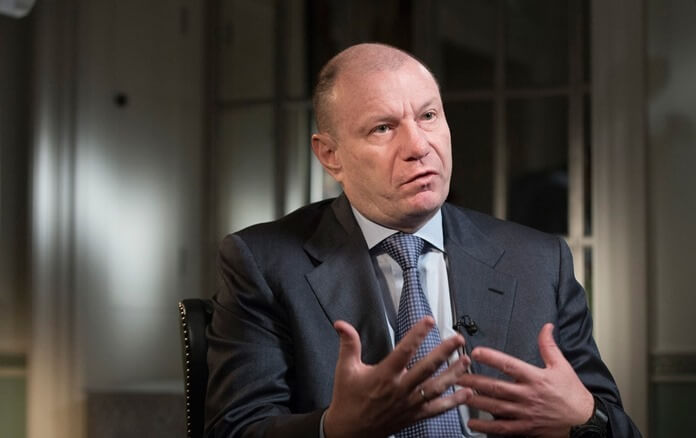 According to Forbes experts, the situation with charity in Russia may take on a new and interesting turn after the current owners of the capital go to another world.
According to Forbes experts, the situation with charity in Russia may take on a new and interesting turn after the current owners of the capital go to another world.
Many of the participants on the list have repeatedly stated that their families will not receive anything - they would rather donate their capital to charity. Potanin is among them. Like Usmanov, Vladimir is passionate about museums, and his foundation helps museums become more open, modern and progressive.
1. Charitable Foundation of Elena and Gennady Timchenko
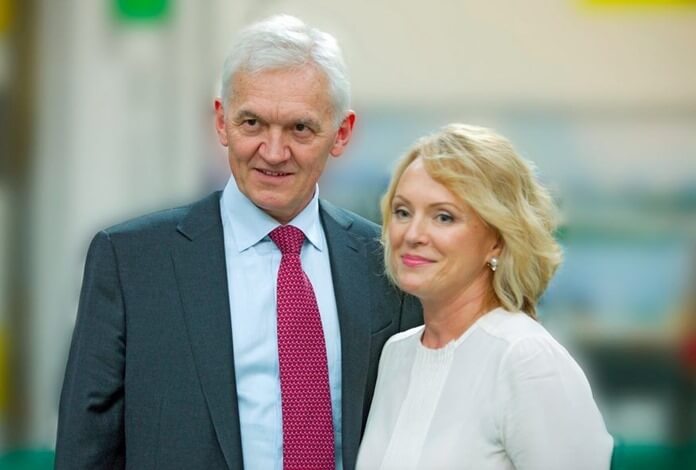 According to Forbes, in the first place among the best charitable foundations from Russian billionaires is the Timchenko family fund.It is a family-owned business with a focus on the interests of the family. Gennady is interested in sports, especially hockey, his wife Elena oversees the support of the elderly, and his daughter Ksenia - children's programs.
According to Forbes, in the first place among the best charitable foundations from Russian billionaires is the Timchenko family fund.It is a family-owned business with a focus on the interests of the family. Gennady is interested in sports, especially hockey, his wife Elena oversees the support of the elderly, and his daughter Ksenia - children's programs.
Unlike other foundations, the Timchenko family pays special attention to small regional programs with an emphasis on “social impact”. For example, hockey is not professional, but domestic; culture - not museums in the capital, but small "public spaces" in the provinces; geriatrics are not clinics, but social organizations that allow retirees to communicate with each other.
Do not assume that billionaires who are absent from the Forbes charity ranking are not doing charity work at all. Abramovich, Mikhelson and Moshkovich are also philanthropists, but they prefer not to advertise their activities. That is, the Forbes experts have no information on what the money from the charitable foundations of the aforementioned businessmen is spent on.
The topic of responsibility to society of owners of multibillion-dollar fortunes has been raised for a long time. In the United States, even treatises on this topic are written. And not only "it is necessary to donate", but also "you donate incorrectly." According to American sociologists, rich people place too much emphasis on their own right to decide what is good for others and what is not. And they are not inclined to enter into dialogue and listen to the opinion of the side they want to benefit.

